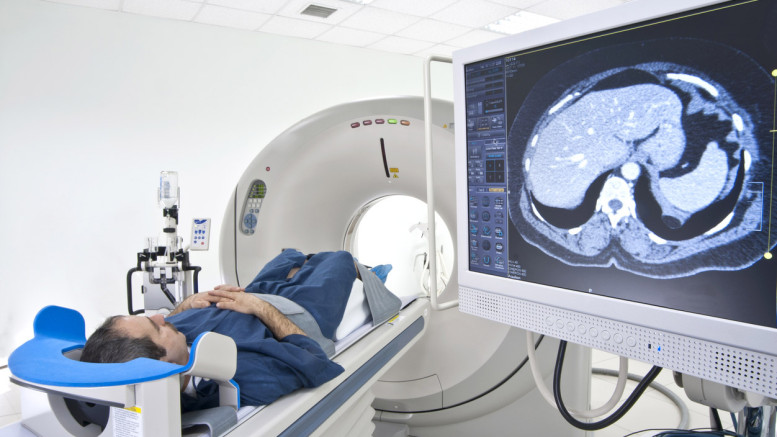Zebra Medical Vision recently developed a new online platform called “Profound,” a fully automated software that provides a second opinion on mammograms, CT scans and other medical imaging reports.
Although a recent study proved that computer-based software cannot outperform the human ability to formulate a proper diagnosis, the Israeli company is still confident about the huge potential of its new platform. As more patients search a second opinion or just health information on Google, the Internet itself has often become an alternative to a real doctor. Improving the quality of health information is then a necessity more than just a business opportunity, and many companies already started developing new solutions to “read” people’s symptoms to provide a reliable diagnosis. As other researches already showed, in fact, if a digital tool provides correct computerized interpretation of medical reports, doctors may improve the quality and reliability of their diagnoses and decisions.
Profound does not seek to substitute the expertise of a healthcare provider and does not replace a doctor’s proper medical examination. The goal of the new platform developed by Zebra Medical Vision is to provide a full algorithm-based analysis of a medical imaging report to find even the smallest detail that a physician could miss. Even the best doctor is not infallible, and may overlook a small detail in a CT scan, for example, due to lack of time or simply because he’s searching for something else entirely, such as the sign of a specific symptom that caused the patient’s hospitalization in the first place. The deep-learning algorithm has been “instructed” to detect signs of several conditions ranging from osteoporosis to aortic aneurysms, emphysema, fatty liver and breast cancer with a 90 percent accuracy. The database used by Profound comes from thousands of anonymous patients’ reports collected from hospitals and clinics all across the world.
Patients can upload their scan online at any time, and the software will perform a real-time analysis that will search for hidden health insights and then provide a second opinion within a couple of minutes. Not only this would help them finding relief from the anxiety that comes from waiting weeks until a report is checked in a hospital, but it may also reduce the chance of a “false negative” as the patient may follow up with his doctor whenever the platform finds something suspicious. The service is momentarily unavailable in the United States, but a new release has been planned for 2017. To date, Profound can be accessed by patients from any country in the Asia-Pacific region, Middle East and Europe.
Article by Dr. Claudio Butticè, Pharm.D.
REFERENCES
1. , , Computer Decision Support as a Source of Interpretation Error: The Case of Electrocardiograms. Journal of the American Medical Informatics Association, Volume 10, Issue 5Pp. 478 – 483
